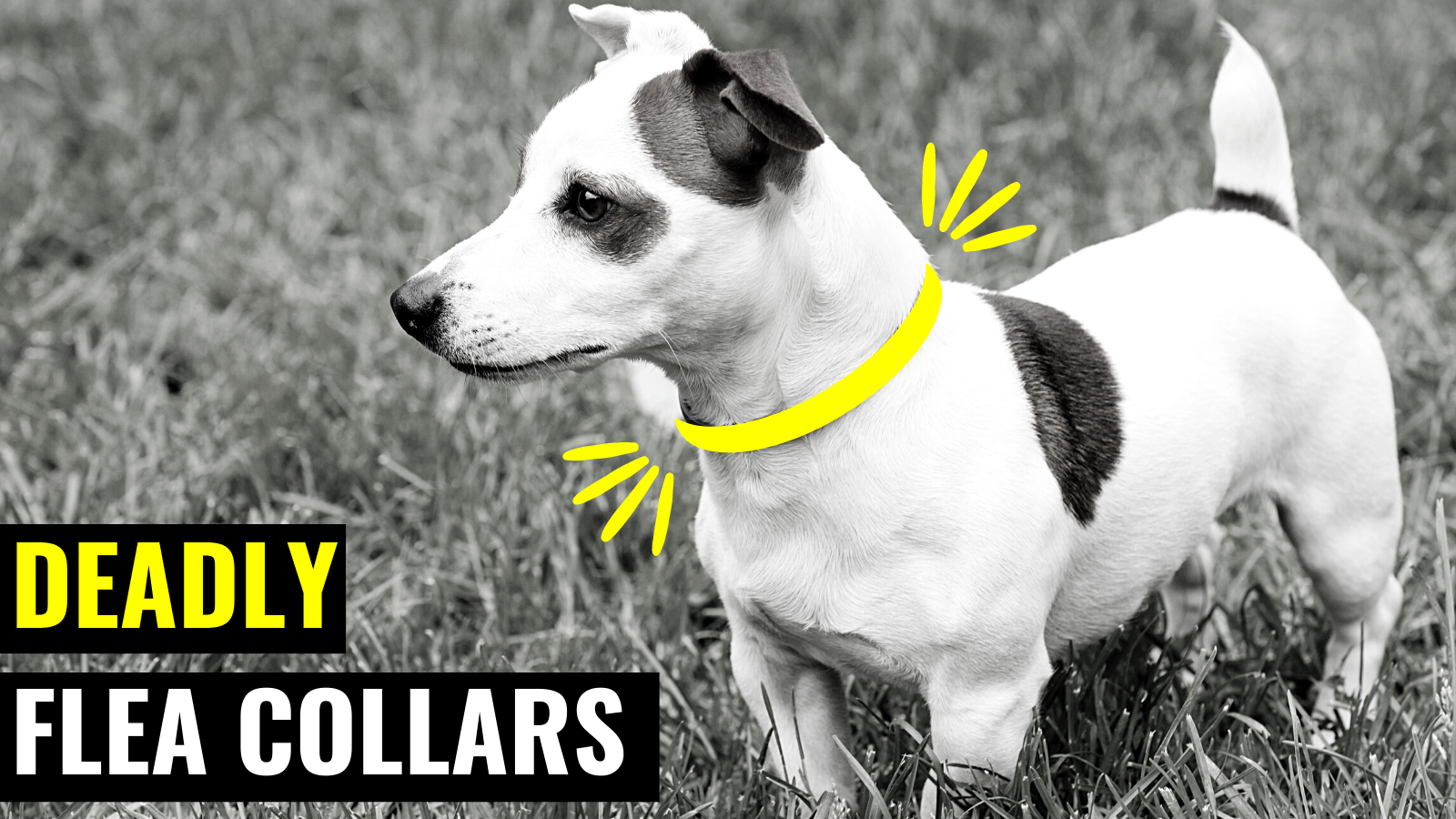Help stop the sale of Seresto flea collars
In the face of 1,700 pet deaths linked to Seresto’s flea and tick collar—as reported March 2 by USA Today, based on EPA records—EPA has taken no action. That is why Friends of Animals is joining with Beyond Pesticides and calling on the EPA and members of Congress to take immediate action to stop the death of dogs and cats by banning the sale of Seresto flea collars. Seresto is developed by Bayer and sold by Elanco.
You can contact Michael Regan, who President Biden has nominated as the next Environmental Protection Agency administrator, at michael.regan@ncdenr.gov or send him a tweet @michael_S_Regan. (He is currently secretary of the North Carolina Department of Environmental Quality.)
The EPA needs to do the right thing and recognize, finally, that the label on flea collars is not adequately protective, as evidenced by the number of deaths and 75,000 incidents
“EPA should act on the deaths immediately, not wait for further study, just as it did with the herbicide Imprelis when trees were killed after the product’s use.” said Jay Feldman, executive director of Beyond Pesticides. In 2011, EPA issued an order to DuPont directing the company to immediately cease the distribution, sale, use or removal of Imprelis Herbicide products under its ownership, control, or custody. The agency found that, “The directions for use and/or warning or caution statements on DuPont’s Imprelis labeling are inadequate.”
USA Today reports, “A 2012 Bayer study found [flumethrin and imidacloprid] have a ‘synergistic effect,’ meaning they are more toxic together on fleas….” However, a 2016 EPA bulletin concluded, “The risk of the combination of the two active ingredients, flumethrin and imidacloprid, was not assessed because the two chemicals act in completely different ways.” This failure to evaluate synergistic effects of pesticides is standard practice of EPA.
As Beyond Pesticides has pointed out repeatedly, EPA does not do an adequate job of evaluating the risks and harms of exposures to multiple pesticide compounds, as well as those of so-called “inert” or “other” pesticide ingredients.
The Seresto flea collar is meant to stay on dogs or cats for months at a time to kill fleas and ticks. Apart from deaths, pets suffer from rashes, seizures, motor dysfunction, fatigue, diarrhea, vomiting, and excessive drooling. The product label on the collar specifically states that it is for external use only; but that direction does not account for the fact that dogs and cats clean themselves (by licking their fur) frequently and can ingest the collar’s pesticides because it is designed to release and disperse them onto fur and skin steadily over the course of months.
EPA has logged these “Seresto” incidents in its database for years but has not seen fit to warn the public. Karen McCormack, a retired EPA scientist and communications officer, notes that these collars have garnered the greatest number of incident reports of any pesticide product in her long experience, according to Beyond Pesticides. She says, “EPA appears to be turning a blind eye to this problem, and after seven years of an increasing number of incidents, they are telling the public that they are continuing to monitor the situation. But I think this is a significant problem that needs to be addressed sooner rather than later.”
To kill fleas and ticks naturally and prevent future infestations, use the following at-home remedy:
Combine 1 quart of water, 1 cup of white vinegar or apple cider vinegar, and 1 cup of baby shampoo. Use this mixture to bathe your dog once or twice a month.
We also recommend Earth Animals Nature’s Protection line of products available at earthanimal.com

